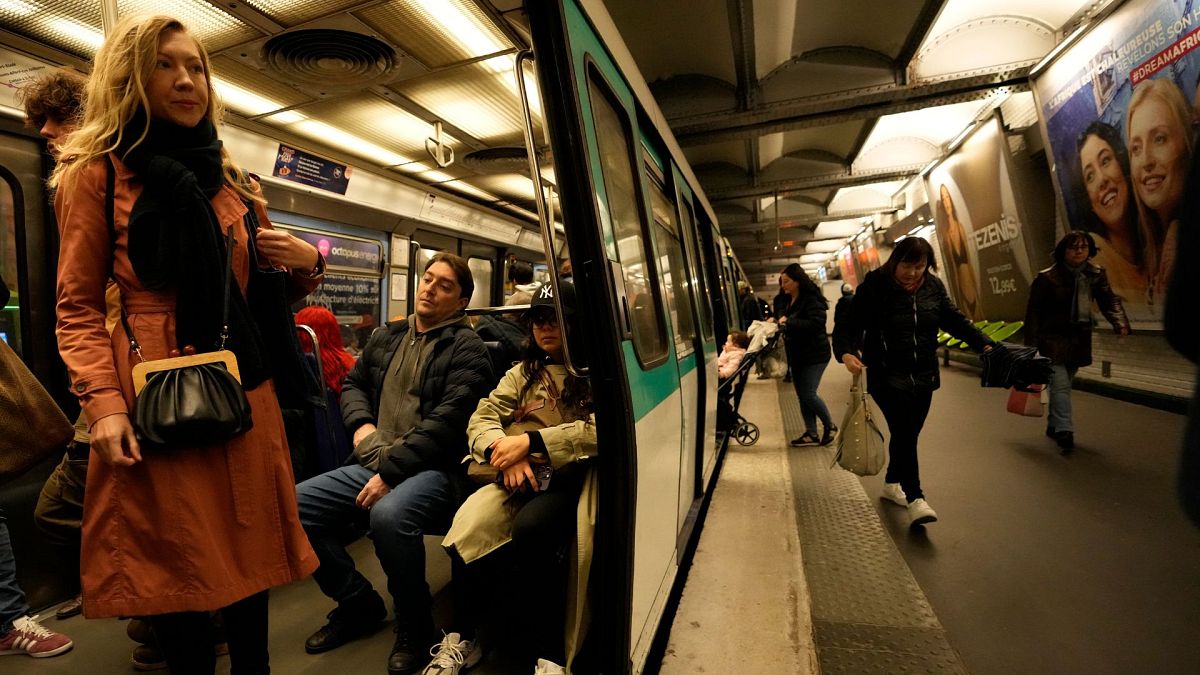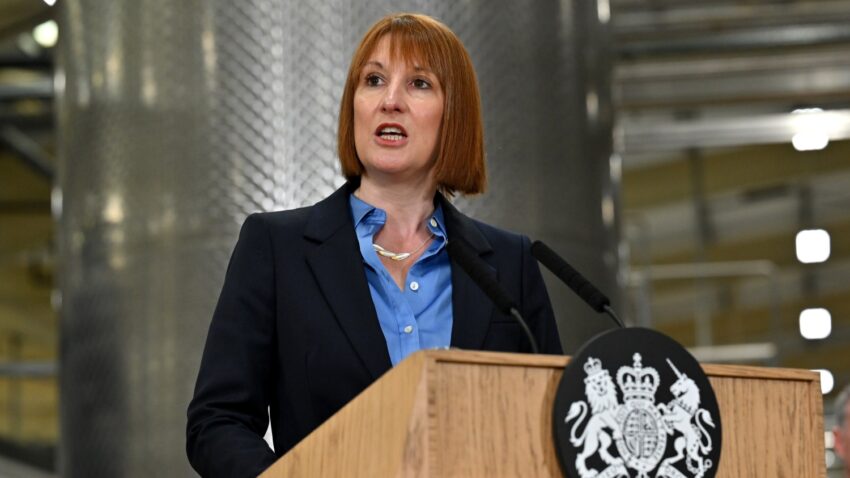German government coalition collapses as Scholz sacks Finance Minister Lindner
Christian Lindner's liberals are making demands for economic reforms that are hard for other coalition members to accept.
BERLIN — Germany’s three-party ruling coalition collapsed on Wednesday evening after Chancellor Olaf Scholz announced he would fire his Finance Minister Christian Lindner over persistent disagreements about economic reforms.
Many in Germany had hoped that the victory of Donald Trump in the U.S. election earlier in the day would force the coalition to hold together over fears that the incoming president would give Europe’s biggest economy a hard ride — targeting its all-important car industry in a trade war.
Ultimately, however, not even the looming threat of Trump proved enough for the fractious parties to put aside their differences.

Crisis talks in the coalition of Scholz’s Social Democratic Party, the Greens and Lindner’s Free Democratic Party had come to a head after the FDP issued a paper with demands for liberal economic reforms that were difficult for the other two parties to accept.
During a dramatic meeting of leaders from the three parties on Wednesday evening in the chancellery, Lindner told Scholz he saw no way of continuing the coalition and urged him to pave the way for snap elections.
This resulted in Scholz announcing he would sack him, two people with knowledge of the discussions told POLITICO.
Although Scholz could potentially seek to continue ruling in a minority government, he has no majority to pass a budget, increasing the likelihood of a vote of no confidence and snap elections — potentially in early March.
The FDP is the smallest party in the coalition and is now polling at only four percent — below the threshold needed to make it into the German parliament in the next federal election, scheduled for September — meaning its leaders have been mulling a coalition break in order to save their political futures.
Lindner’s policy paper, leaked to the media last week, called for tax cuts and a scaling back of climate policies in order to stimulate economic growth — both positions that put the party at odds with his coalition partners.
Central to the government negotiations is the adoption of the 2025 budget by parliament — in which a gap of at least €2.4 billion, and potentially far more, needs to be filled — as well as an agreement on measures to revamp the country’s ailing economy.
Trump’s victory is expected to put heavy pressure on Europe’s largest economy. An analysis from the German Economic Institute (IW) estimates that a new trade war could cost Germany €180 billion over Trump’s four years in office.
This story is being updated.
What's Your Reaction?

















































